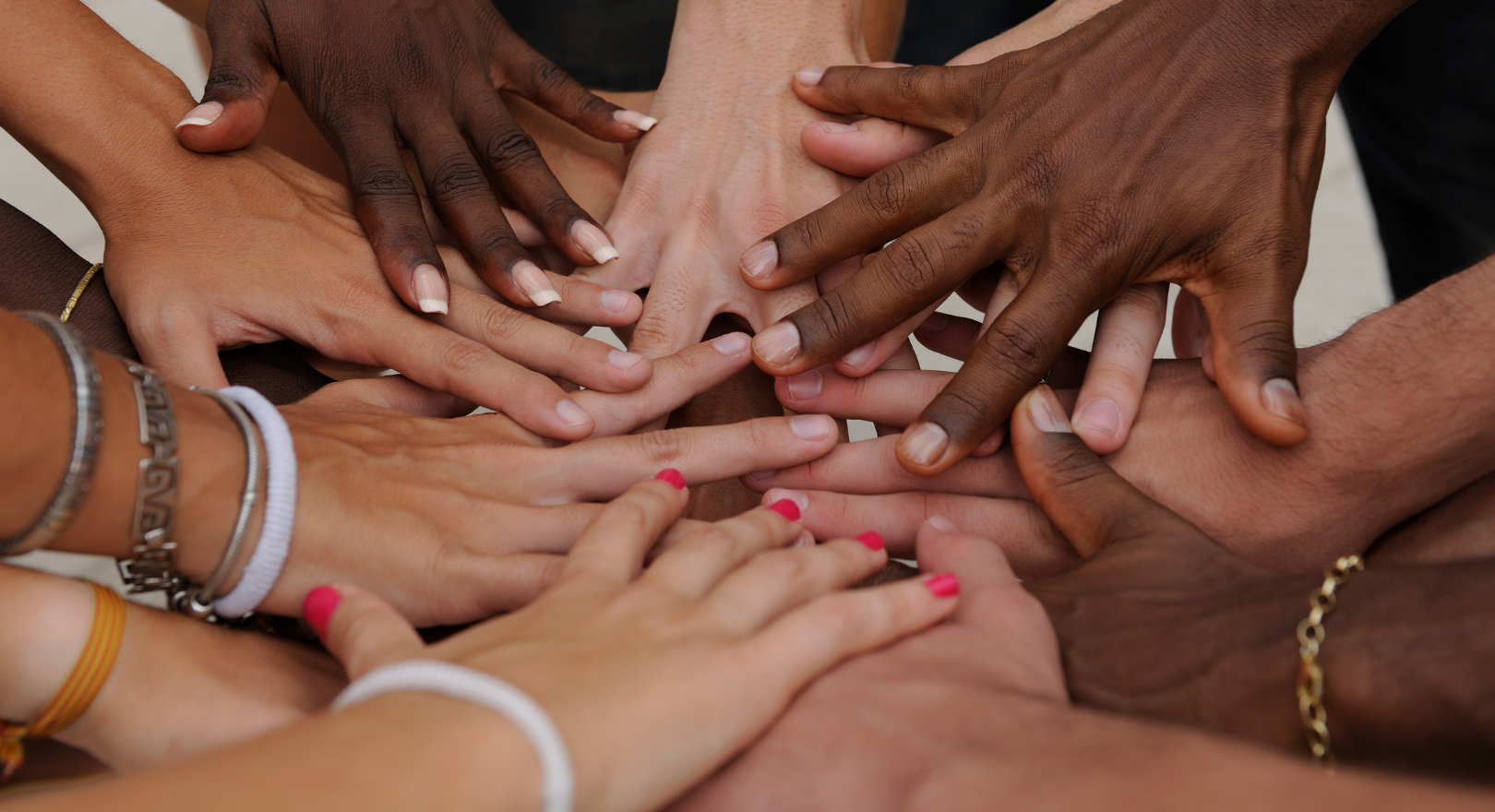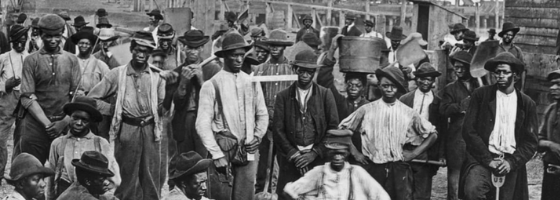- Call us today +1 617 787 5401
- Email us admissions@approachusa.com

What is Juneteenth? And why you should learn about it
Do you know the history behind the abolition of slavery in the United States? If not, you are about to learn the facts, and why it is important to be aware of them as an international student living in the U.S. Juneteenth, also known as African American Freedom Day or Emancipation Day, is the oldest known celebration honoring the end of slavery in the United States. This year, the holiday will take place on Saturday, June 19. Although many of us may just have heard about the significance of this date, you should understand the long struggle that the black community has gone through for equal rights. In this article, you will learn the history, why it is so important, how to avoid racist language, and ways to celebrate the holiday.

The day everybody was free!
On June 19, 1865, soldiers arrived in Galveston, Texas to announce that the Civil War had ended, and to take control of the state to ensure that slaves had been freed. Although the Emancipation Proclamation became law in January 1863, issued by President Abraham Lincoln, it could not be enforced in places that were still under Confederate control, such as Texas, for example. Because of this, it took over 2 years for approximately 250,000 Texan slaves to receive the information that their freedom had been secured by the government. Actually, Juneteenth is sometimes called America’s true independence day, because if we think about July 4, 1776, it only represents the day that white male Americans became free.
Why is it so important?
This date marks a period of crucial significance in American history and shows us that freedom and racial equality have always been an arduous battle for black Americans, a battle that continues to this day. As an international student living in the U.S, it is important to sense the American culture, history, and customs. After all, you are in this country, living with many different races and nationalities. Keep in mind that educating yourself and those who are around you is a way to create empathy towards others.
How to avoid racist language
Over the years, many terms and phrases have been used with negative meanings. Some idioms tend to carry racist undertones while speaking or even writing and sometimes with no bad intentions at all. We have separated three topics for you to learn some tips and avoid racist language.
1. Some words and expressions you must be aware of;- People of color (not colored people)
- Never say the “N” word, even if you hear it in songs or in popular culture.
- “Negro” is also offensive & is no longer used.
- The black community might be better than “black people”
- Do I say “black people” or “African-American”?
- How can I refer to someone without sounding pejorative or derogatory?
- Should I give my opinion on something that I have never experienced before?
- You never know how someone is going to take a joke;
- For some people that might be considered “normal” in one society or language family,
How to celebrate?
Juneteenth is a day to reflect, learn and grow as an individual. Take this opportunity to observe and celebrate the holiday by;
- supporting black businesses and projects;
- using your voice to spread love;
- sharing the stories of black people you admire,
- educating yourself on Black history.
If you are up for an event, the Museum of Fine Arts in Boston will promote a day of activities and programs to celebrate Juneteenth and honor the contributions of Black artists, scholars, and creative voices to the City of Boston. Check this link for more info.
The Greater Boston Convention & Visitors Bureau will also celebrate the holiday with "The Black Matters Juneteenth Experience" which is an opportunity for the community to come together, celebrate, and heal. The evening will include live musical performances from Cambridge artists, poetry readings, dancing, and giveaways. Check all the information by clicking here. Both events are free and everybody is welcome to join!